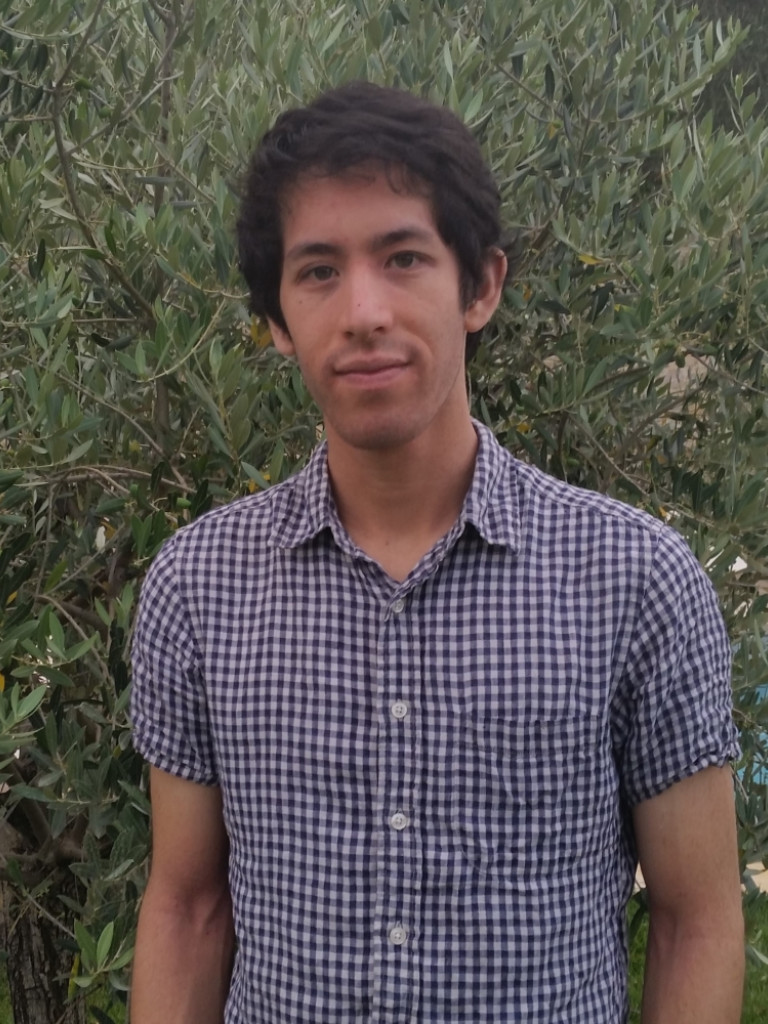
Daniel Gross
- 2015
- Press Fellow
1. Why did you choose to become a science journalist? Science runs in the family. My father is a physicist and my mother is a doctor. But I think my upbringing helped me appreciate less the content of scientific research than the stories of science. Those stories very often have all the elements of a powerful narrative: strong characters, high stakes, and a process of discovery. 2. What role do science and science communication play in your country? The products of science are all around us in the United States -- in the chemical makeup of our food, the materials in our mobile devices, the particulates swirling through the air we breathe. But I'd argue that there's a mismatch between the science we hear about in the news, and the science that shapes our lives. We hear every day about foods that supposedly fight cancer. Sometimes blockbuster stories about big discoveries in physics make headlines, too. Yet we rarely hear about scientists who develop new diagnostic methods that make us healthier, or new materials that facilitate new advances in engineering and computing. We rarely hear about the sociology of science, or stories about the connections between the history of science and the present. One of the ways journalists can fill these gaps is through human stories that not only tell us about science, but show us how science affects our lives. 3. What speakers or topics of this year’s Falling Walls events are you most looking forward to? And why? I'm particularly interested in Professor Saskia Sassen's talk on displacement and migration, because it adds such a necessary analytical lens to a crisis that the news media have struggled to cover with real depth. I'm looking forward to Professor Bruce A. Beutler's talk on genetics and innate immunity, partly because it echoes topics that I've covered in my past reporting. Professor Nalia Kabeer's talk on gender in the work force will also be intriguing, because it adds rigor and a global perspective to a topic that's widely discussed in the United States. 4. In your opinion, which are the walls that will have to fall in science and society within the next five years? I'm keeping a close watch on the ways scientific discoveries can improve global health, which often requires technologies that aren't radically new, but simply technologies that are radically simplified and inexpensive. Similarly, I hope that technology companies -- which so often design narrow digital tools for the developed world -- can widen their focus to address global problems. We can download apps for every social network or bank -- but there aren't any good apps for sending remittances across the world. We need a shift in values and interests to help us deploy the immense scientific talent that already exists.